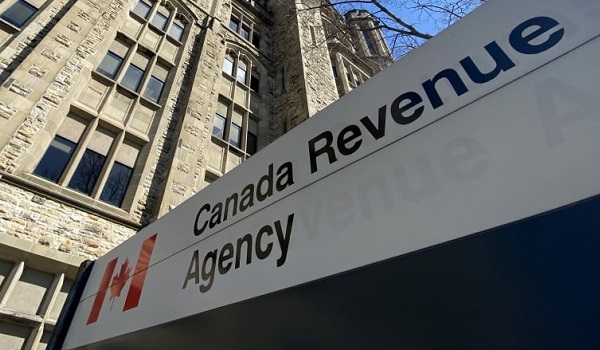CRA will no longer demand for ‘bare trust’ reporting in 2023 tax return
The Canada Revenue Agency (CRA) announced Thursday it will not require “bare trust” reporting from Canadians that it introduced for the 2024 tax season, just four days before the April 2 deadline.
The new reporting required applicable trusts to file a T3 return, naming beneficiaries and trustees on the file.
“In recognition that the new reporting requirements for bare trusts have had an unintended impact on Canadians, the CRA will not require bare trusts to file a T3 Income Tax and Information Return (T3 return) … for the 2023 tax year, unless the CRA makes a direct request for these filings,” the CRA said in a statement.
Caitlin Butler, a Vancouver-based tax specialist and director of tax education and publications at Video Tax News, told CTV News in January the expansion of trust reporting rules is a big change that will affect many taxpayers.
“These changes will impact many individuals and businesses, many of whom may not even realize they should file a trust return,” Butler said in an email to CTVNews.ca.
She said required reporting has been expanded to include situations where a trust acts as an agent for its beneficiaries, often referred to as a bare trust.
“In plain English, this occurs when the person on title or holding the asset is not the true beneficial owner but rather holds the asset for the benefit of another party,” she said.
Examples include if a parent is on title of a child’s home – without the parent having beneficial ownership – to help the child obtain a mortgage, or a corporate bank account is opened by the shareholders with the corporation being the beneficial owner of the funds.
The CRA said over the coming months, it will work with the Department of Finance to “further clarify its guidance on this filing requirement.”
The CRA also said it will communicate with Canadians as further information becomes available.
With files from CTV News’ Christl Dabu
This article was first reported by CTV News










